When it comes to choosing milk alternatives, many people ponder over the question: Is skim milk vegan? Skim milk, also known as nonfat or fat-free milk, is a popular choice among those looking to reduce their fat intake. However, for individuals following a vegan lifestyle, the suitability of skim milk raises important considerations.
Key Takeaways
What Is Skim Milk?
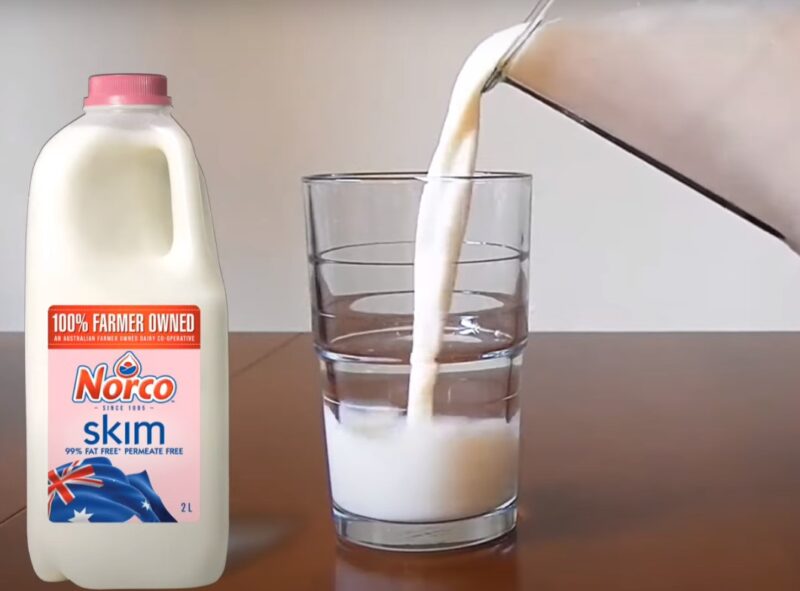
Skim milk is cow’s milk that has had the cream removed, significantly reducing its fat content. Typically, it contains about 0.1 to 0.5 percent fat. Despite its lower fat content, skim milk retains essential nutrients such as protein, calcium, and vitamin D, making it a favored option for many health-conscious consumers.
So, Is It Suitable For Vegans?
Veganism is a lifestyle choice that excludes all animal products, from diet to clothing and beyond. The core principle of veganism is to avoid the use of animals for any purpose, based on ethical, environmental, and health grounds. Since skim milk originates from cows, it does not align with vegan principles.
Also, if love Takis, check out if there is a vegan option available.
Plant-Based Milk Alternatives
In the quest for vegan-friendly milk options, the variety and quality of plant-based alternatives have significantly improved, offering flavors and nutritional profiles to suit every preference.
Soy Milk – A Nutritional Powerhouse

Soy milk, derived from soybeans, is a staple in the plant-based milk category. It closely mimics the protein content of cow’s milk, making it a favorite among vegans and vegetarians alike.
Soy milk is not just about protein; it’s also a vital source of vitamins and minerals, including calcium, vitamin D, and vitamin B12, often fortified to match the nutritional benefits of traditional dairy milk. Its benefits extend to heart health, thanks to its natural content of isoflavones, compounds known to help lower cholesterol levels.
Soy is often used as a replacement for meat due to high value in protein. Therefore, you can use it as alternative and prepare delicious Vegan Rolls and other type of pastry.
Almond Milk – Light and Nutritious
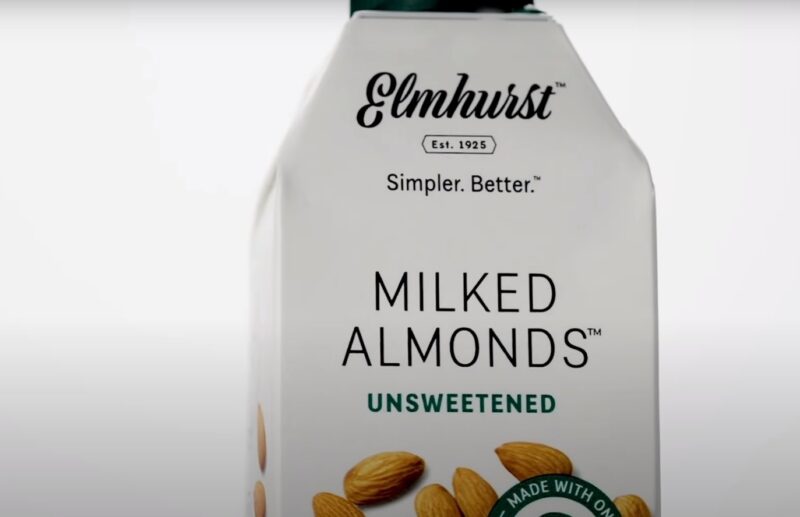
Almond milk offers a lighter alternative with a subtly sweet, nutty flavor. It’s particularly low in calories and fat, making it a great choice for those monitoring their weight. Almond milk is also rich in vitamin E, an antioxidant that supports skin health.
While naturally lower in protein than soy milk, almond milk is often enriched with calcium and vitamin D, ensuring it remains a nutritious option for daily consumption.
If you are wondering whether Wasabi is vegan or not, read more about it here.
Coconut Milk – Rich and Creamy
Coconut milk stands out for its rich, creamy texture and tropical flavor. It’s a source of medium-chain triglycerides (MCTs), a type of fat that the body can easily convert into energy.
Coconut milk is also appreciated for its content of vitamins C, E, and B complex, alongside minerals like iron, selenium, and magnesium. It’s an excellent choice for adding a creamy texture to coffee, smoothies, and desserts, although it’s typically lower in protein than other plant-based milks.
Oat Milk – The Sustainable Choice
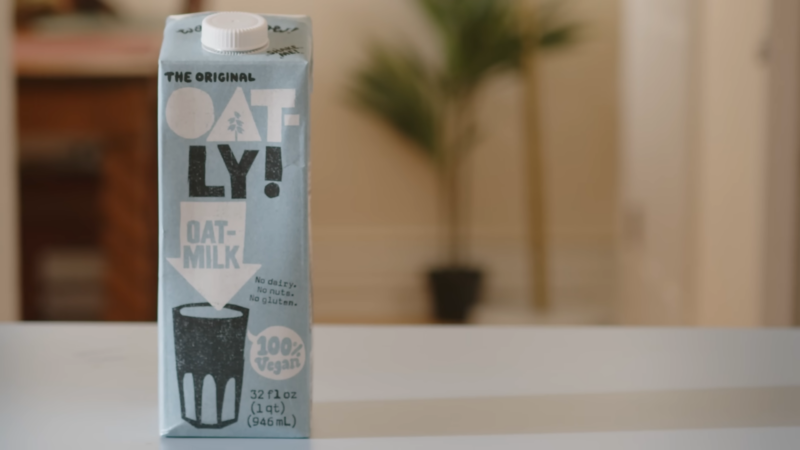
Oat milk has gained popularity for its environmental sustainability and its creamy, mild flavor that closely resembles that of cow’s milk. It’s an excellent source of fiber, particularly beta-glucan, which is known for its cholesterol-lowering effects.
Oat milk is also rich in vitamins B2 and B12, phosphorus, and zinc. Its naturally sweet taste makes it a preferred choice for cereals, baking, and coffee. Oat milk’s production is considered environmentally friendly due to oats’ low water requirement and the crop’s positive impact on soil health.
Some people are also wondering if cornstarch is vegan or not, which is the case.
Flax Milk – Omega-3 Rich
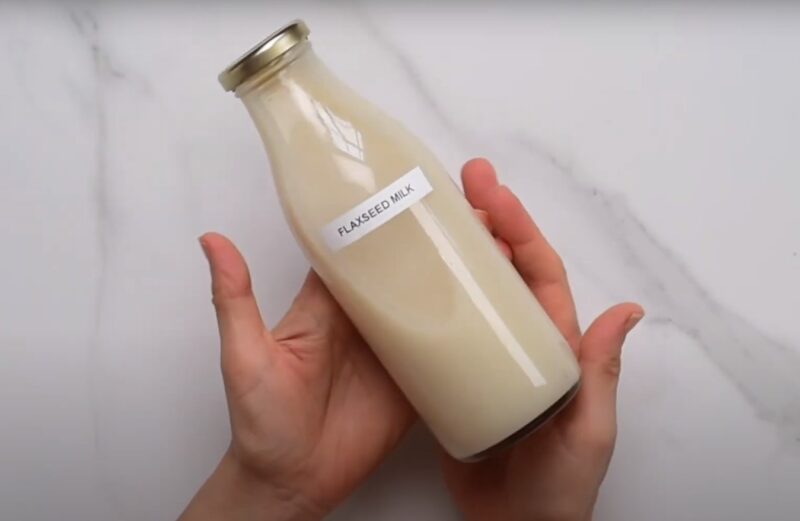
Flax milk, made from flax seeds, is a newer entrant to the plant-based milk scene. It’s highly valued for its high omega-3 fatty acid content, particularly alpha-linolenic acid (ALA), which is beneficial for heart health. Flax milk is also low in calories and free from cholesterol, making it a heart-healthy choice.
It’s typically fortified with calcium, vitamin D, and protein, ensuring it matches the nutritional benefits of other milk alternatives.
Hemp Milk – A Complete Protein Source
Hemp milk, derived from the seeds of the hemp plant, is rich in high-quality, plant-based protein containing all nine essential amino acids. It’s also a good source of omega-3 and omega-6 fatty acids, in a ratio considered optimal for human health.
Hemp milk contains vitamins A, D, E, and minerals such as calcium, magnesium, and zinc. Its nutty flavor makes it a versatile option for a variety of culinary uses.
Cashew Milk – Creamy and Low in Fat
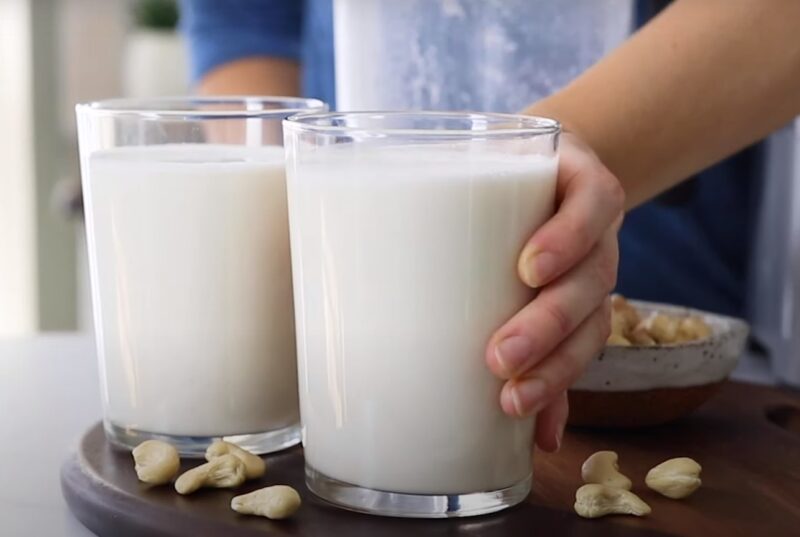
Cashew milk is known for its creamy texture and rich, buttery flavor, making it a luxurious addition to coffee, smoothies, and desserts. It’s naturally low in fat and calories and is often fortified with vitamins and minerals, including calcium, vitamin D, and vitamin B12.
Cashew milk is a good source of antioxidants like lutein and zeaxanthin, which are beneficial for eye health.
Pea Milk – High in Protein
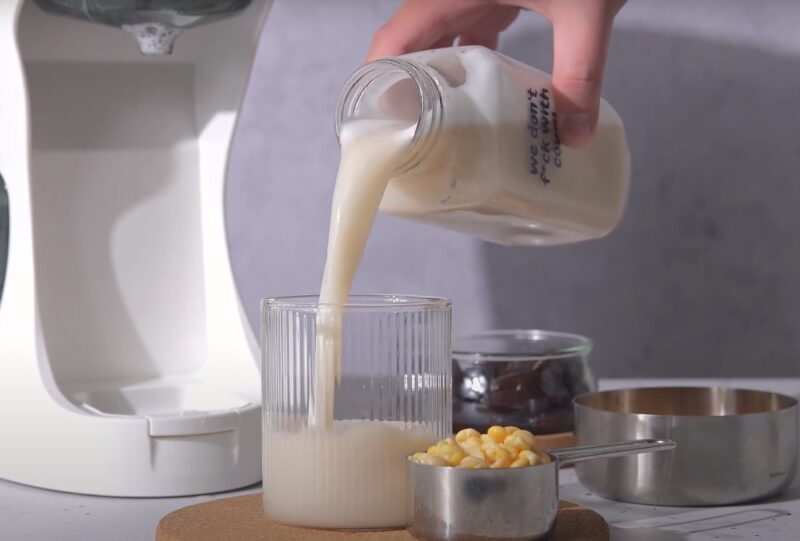
Pea milk is made from yellow peas and is one of the newest alternatives to cow’s milk. It boasts a high protein content, comparable to soy milk, and is rich in essential amino acids.
Pea milk is also environmentally friendly, as peas require less water and fertilizer than other crops. It’s fortified with vitamins and minerals, making it a nutritious option for those seeking a plant-based milk alternative.
FAQs
Is skim milk fat free?
Skim milk is not completely fat-free, as it can have up to 0.5% fat. However, it is much lower in fat and calories than whole milk, which has at least 3.25% fat. Skim milk is made by removing most of the fat from whole milk.
Is skim milk from a cow?
Yes, skim milk is from a cow, just like regular milk. The only difference is that skim milk has less fat than regular milk, because the fat is separated from the milk during processing. Skim milk is not vegan, as it is an animal product.
Is Greek yogurt vegan?
No, Greek yogurt is not vegan, as it is made from cow’s milk or other dairy milk. Vegans avoid all animal products, including dairy products. Greek yogurt is a type of yogurt that is strained to make it thicker and creamier.
Is honey vegan?
No, honey is not vegan, as it is made by bees, which are animals. Vegans avoid eating or using products that harm or exploit animals, including insects. Honey is a sweet substance that bees produce from nectar. Bees store honey and use it as a food source.
Summary
Skim milk, despite its low-fat content and nutritional benefits, does not meet the criteria for a vegan diet due to its animal origin. For those following a vegan lifestyle, the good news is the abundance of plant-based milk alternatives.
Options like soy, almond, coconut, oat, flax, hemp, cashew, and pea milk not only cater to a variety of tastes and nutritional needs but also align with ethical and environmental values central to veganism.

